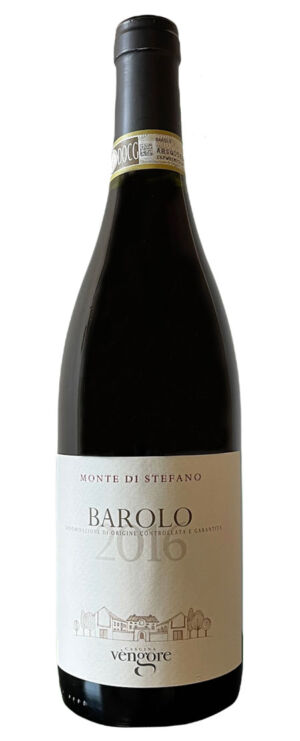
The small valley of Vengore fans out spectacularly, its slopes particularly suited to the cultivation of grapes. This natural theatre, once an Ancient Roman estate, is blessed by the presence of the permanent Cucheirolo spring. Nestled amidst the vineyards is a historic cascina or farmhouse, where three marble steps testify to two millennia of human settlement.
In the perfect silence of this natural amphitheatre, each slice of land offers the ideal conditions for growing Terre Alfieri grapes from dawn to dusk. Over 60,000 new vines, planted in 2012 and in organic conversion since 2016, are spread across the small, protected valley.
Of the total 26-hectare area, located between the Roero and the Monferrato, 16 hectares are covered by new vineyards, 6 by meadow and 4 by woods, creating a natural dialogue between wilderness and cultivation.
Website: www.cascinavengore.it
GRAPE VARIETIES:
100% Pinot Grigio, cultivated in the Provinces of Treviso and Venice
GRADE:
12.5% vol
TYPE OF SOIL:
Limestone, clay, marl and marine sandstone
COLOUR:
Beautiful straw yellow with appealing greenish reflections
AROMA:
Pleasant,delicate and fruity, characteristics and intense.
PALATE:
Refined acidity followed by appealing tanginess and persistence; after swallowing, afternose excellently
corresponds to initial nose perception
KNOW THIS WINE BETTER
A vine varietal originating from an area situated between Alsace (Pinot Gris) and Germany (Rulander). In Italy it is especially cultivated in the Provinces of Treviso and Venice, where it has become widespread in winemaking and now boasts a new world-famous presentation style. Grapes are harvested when perfect ripeness balance is reached.
The bunches are taken to the cellar, where they are de-stemmed and crushed, and then placed in a pneumatic press where must is separated from the skin and, once cool, left to decant. 24-36 hours later, clarified must fermentation is triggered with temperature 16-18°C. Temperature is lowered to around 8-10°C when alcoholic fermentation is over in order to preserve the aromatic part.




